Japanese honorifics confuse us Westerners. The closest matches we have are Mr., Miss., and other addresses. Unlike English’s polite addresses, Japanese honorifics denote social standing and relationship between the speaker and the listener. They don’t remain constant. I am always Mr. Kincaid in formal Western affairs for example. But in Japan I could be Kincaid-kun, Kincaid-san, or Kincaid-sensei depending on social context. Like Western salutations, Japanese honorifics can be used sarcastically or arrogantly. Ore-sama, for example, roughly translates to “my magnificent self”.
Dropping an honorific is a sign of a close relationship and seen as insulting if you don’t have permission. You see anime characters make a fuss about this and the use of their first name whenever this happens without their consent. The rule of thumb: when in doubt about honorifics, ask.
In anime you see –kun and –chan tossed around as much as the honorific –senpai. The other common honorific –san is used when just being polite. In most translations I’ve read, this honorific is dropped. Calling someone by their surname is considered a sign of respect or fondness here in the West (but then it can also be used sarcastically), so keeping with the Japanese practice of last-name first automatically confers polite respect in Western translations. Calling Hideki Tanashi by his last name Tanashi means we don’t need to attach the san to it. In fact, using honorifics too much in English translations can be off-putting for people.
-kun is reserved for young men. You’ll see female anime characters use it to refer to guys as a signal of endearment or familiarity. Guys will refer to men of lower rank with this honorific. In this regard, –kun replaces the old -kohei honorific of the senpei-kohei, superior and under-class, relationship. In many cases of anime, the childhood female friend will use -kun to refer to her male friend in public or use his last name without an honorific while in public. You’ll see her refer to him on a first-name basis whenever there is a love interest developing. When she slips in public, it usually makes for an embarrassing scene.
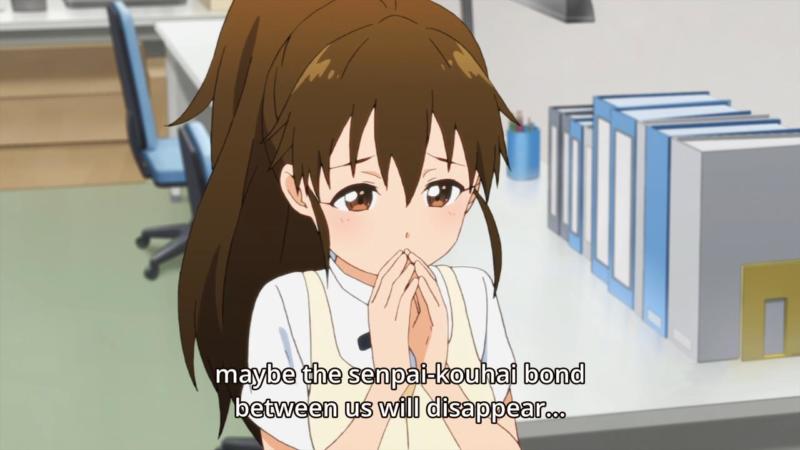 You can notice the levels of closeness between female classmates (who use -kun those most) and the male classmates by paying attention to who uses the honorific and who uses -san. Those who use the more formal -san may not like the male in question, or could be trying to cover up her feelings through polite coolness. Anime, particularly romances, focuses on social subtext. The childhood-friend character type may use -san to show her anger through her polite exterior. Of course, body language and manga/anime’s tendency to over-explain helps make the subtext clear. Remember, Japanese society emphasizes harmony, and this creates subtle ways to express feelings through the use of honorifics.
You can notice the levels of closeness between female classmates (who use -kun those most) and the male classmates by paying attention to who uses the honorific and who uses -san. Those who use the more formal -san may not like the male in question, or could be trying to cover up her feelings through polite coolness. Anime, particularly romances, focuses on social subtext. The childhood-friend character type may use -san to show her anger through her polite exterior. Of course, body language and manga/anime’s tendency to over-explain helps make the subtext clear. Remember, Japanese society emphasizes harmony, and this creates subtle ways to express feelings through the use of honorifics.
Now –chan stands as the female version of -kun but with cuter connotations. It is also a sign of closeness and used to refer to girls, pets, and small children. When attached to a nickname, such as Crane-chan, it works closer to saying “Little Crane.” -chan ties to youthfulness, smallness, cuteness, and innocence. As with -kun it shows the social relationship between characters. When a character uses it to refer to pets or objects, the honorific shows she has an innocent personality. It’s something little children do. However, -chan can be used derisively. For example, calling a prostitute by -chan can emphasize her lack of cuteness, youthfulness, and innocence.
Anime girls often refer to each other, particularly if they are friends, by -chan. Guys too may use it to refer to girls they view as cute. A guy using a girl’s first name is reserved in anime as a sign of an intimate relationship, which is why you’ll see characters titter and gasp when a slip happens in public.
 –chan refers to children of both genders. Considering it roughly means little, this makes sense. With animals, neko-chan can refer to a cute cat or a kitten. Finally, -chin comes from -chan and is used exclusively by close female friends to refer to each other.
–chan refers to children of both genders. Considering it roughly means little, this makes sense. With animals, neko-chan can refer to a cute cat or a kitten. Finally, -chin comes from -chan and is used exclusively by close female friends to refer to each other.
As a story progresses, you can use honorifics as a way to gauge relationship and emotional level. If a character moves from using -chan or -kun to –san , to refer to another character, you know that character is upset over something. First-name basis usually gets attention from other characters, particularly if it is out of the blue. The level of intimacy it denotes, especially in public, can be seen as a declaration of love. It acts as a verbal kiss. Sometimes, a rebellious character, usually a guy, will use a first name in order to break with polite convention and express his rebelliousness. You’ll see characters react with shock to his break with politeness as he verbally gooses them. In many anime, he eventually becomes the protagonist’s significant other.
Characters who are referred to with the -senpai honorific may sometimes reduce to a -chan or -kun when entering a relationship with an under-classmate. This doesn’t happen often, but a shift in honorifics in this way shows the development of such a relationship when the under-classmate starts to use the more familiar -kun and –chan.
For being small words, honorifics carry a lot of meaning. They reveal a character’s affection, or lack thereof, for another character. Shifts in their use helps anime viewers determine how the character’s feelings are shifting while subtext like body language help determine whether or not the honorific is used sarcastically or as a Freudian slip.
Otaku culture likes to use these honorifics. Although not as used as -senpai, many otaku use -kun and -chan. The most common error involves the use of the first name instead of the last name as is proper for Japanese honorifics. But in some cases it works just fine too. “Little Rose” and other diminutives keep the spirit of the honorific–that of affectionate familiarity. However, the use of these honorifics in otaku culture stresses their status as a subculture. In this case, honorifics denote membership more than familiarity between speaker and listener because no other subculture in the West uses Japanese honorifics on a regular basis. So even if they are not used properly in the context of Japanese culture, otaku use of honorifics still marks them as members of the community.

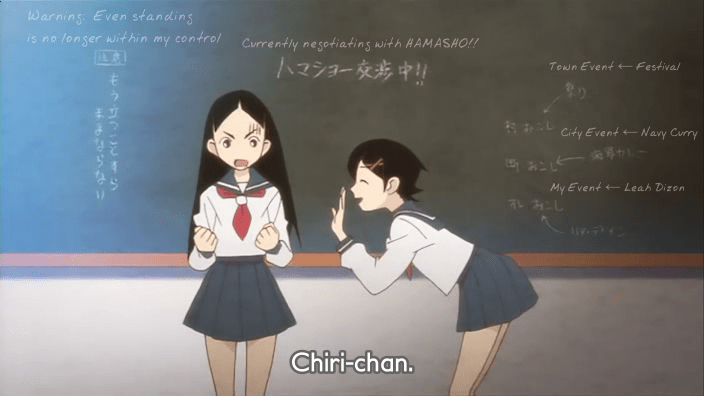

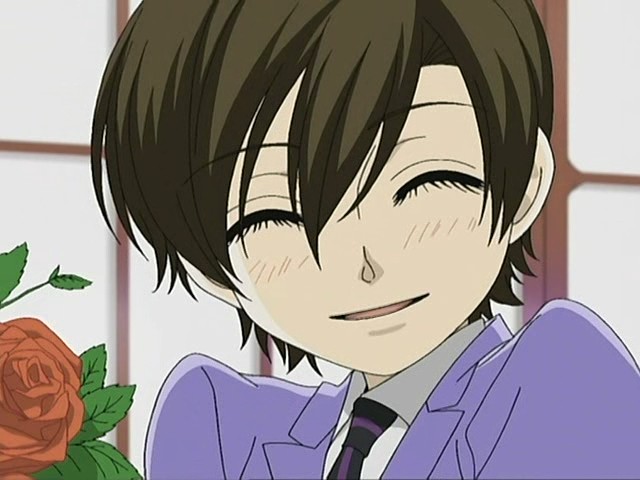

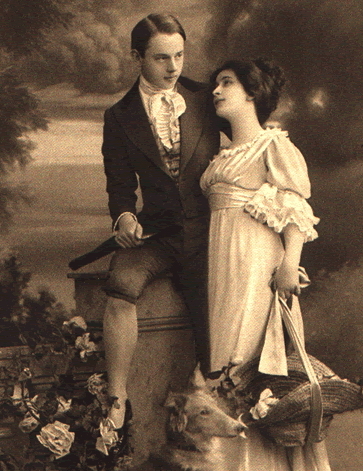
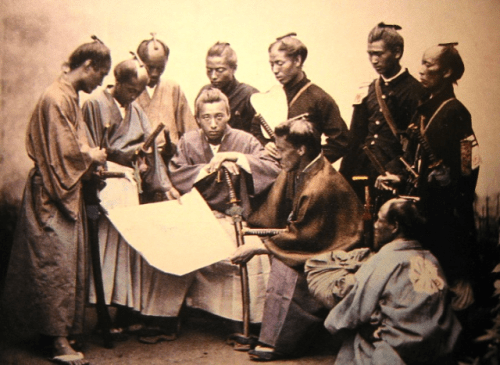
I really enjoyed this post because I am really into anime and I really want to know how to use these honorifics! Thank you!
I’m glad you found the article helpful 🙂